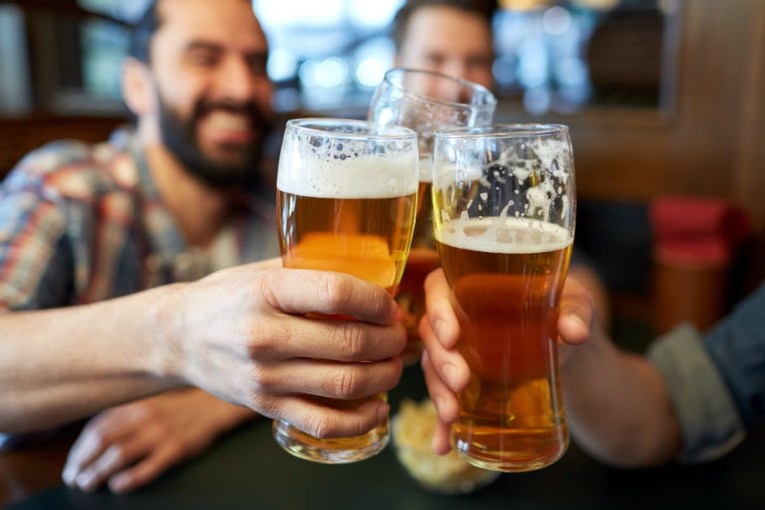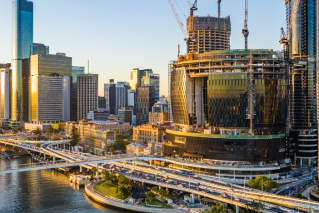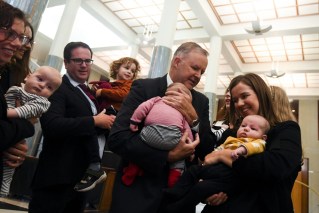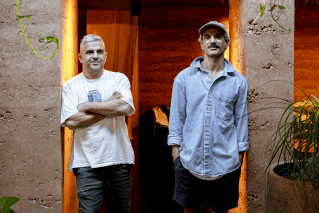Fort Apache, Paddington? Suburban crime often not how Facebook records it
The keyboard warriors prepared to record on social media anything that goes against their view of acceptable behaviour might be doing the neighbours a disservice.

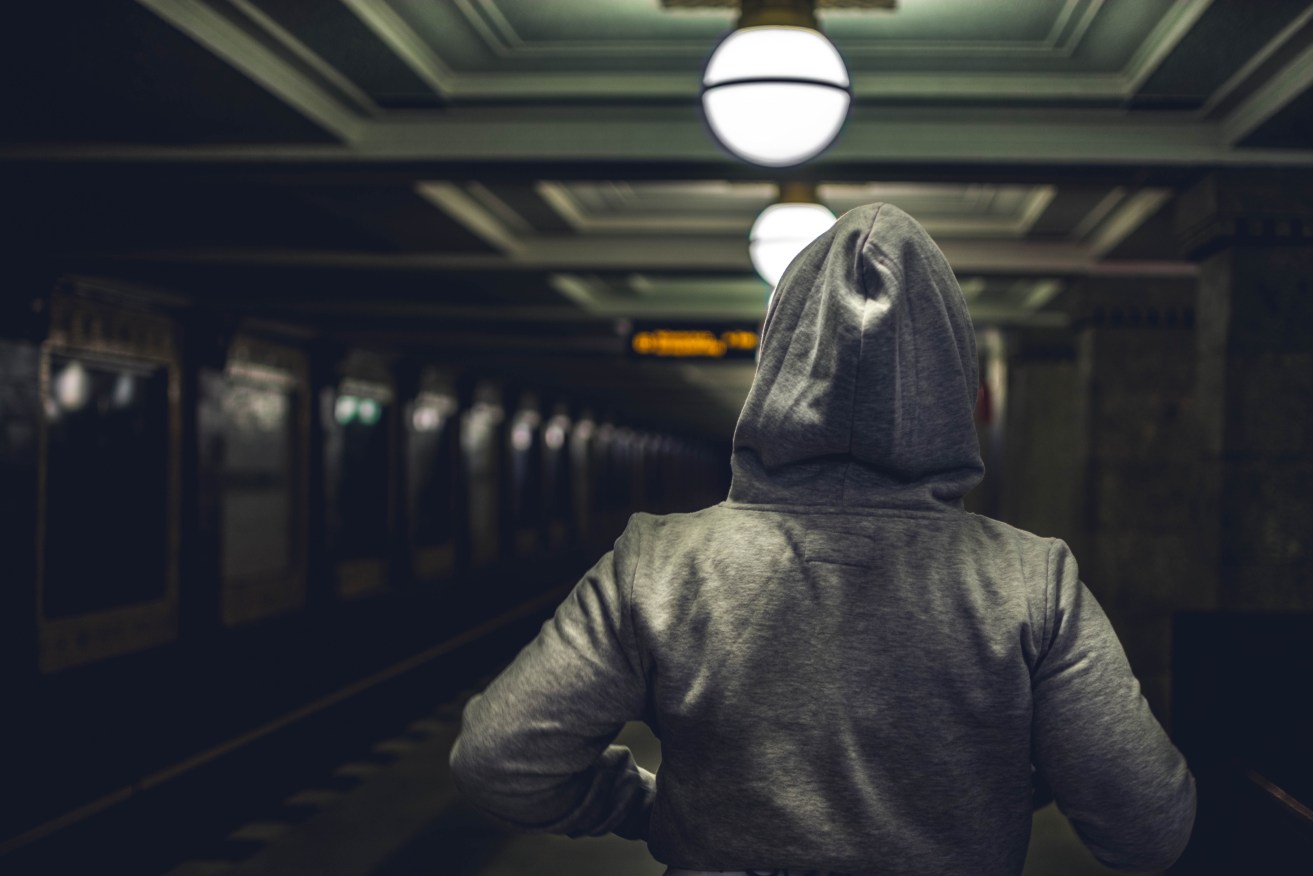
University of Queensland research has found the reporting of minor crimes on community social media pages can make residents feel their neighbourhood is less safe, even when statistics show actual crime is low.
Dr Renee Zahnow from UQ’s School of Social Science and her research team surveyed a cross-section of Brisbane residents about their perceptions of crime in their suburb and compared it with crime data.

UQ researcher Renee Zahnow
“So far what we’ve found is people will believe posts on their community Facebook page that suggest their area is criminogenic or unsafe,” Zahnow said.
“But it’s often not borne out by the facts.
“The chatter on these pages can create an impression of criminal or deviant behaviours that really are reports of minor incidents.”
Zahnow said the type of behaviours commonly mentioned are people loitering, littering, tipping over rubbish bins and not picking up dog waste.
“More and more, social norms and the definitions of crime or disorder are starting to be constructed online,” she said.
“And very safe places end up being unjustly stigmatised.”
Zahnow said other common community online posts were calls to ‘watch out’ for a particular group of people.
“It can be passively racist, insinuating certain people are linked to crime when all they might be doing is walking down a street,” she said.
“The same thing happens with posts about young people, or someone wearing a cap or hoodie.
“It means we become more and more suspicious and intolerant of particular groups in society and this can affect people’s real-life interactions with them.”
Zahnow said the perception of a suburb’s ‘safeness’ could impact how often people used public spaces.
“We’ve found particularly some older people, who already have a heightened sense of crime despite statistically being low risk, are not going out and using public spaces,” she said.
“This has a huge impact and can lead to higher levels of loneliness, mental illness and issues with their physical health.”
Zahnow said the next stage of her project was to take data on crime discourse from the community Facebook page for every suburb across Queensland over one week.
“I’m interested to see if people posting about these incidents on Facebook are also reporting them and taking action offline,” she said.
“If they’re intervening offline that’s probably good for crime prevention and community cohesion, but if they’re just venting online and creating a sense of panic then there’s no benefit for the community.
“The public discourse that we allow on mediums like Facebook really does influence the way people start to think and behave.”
